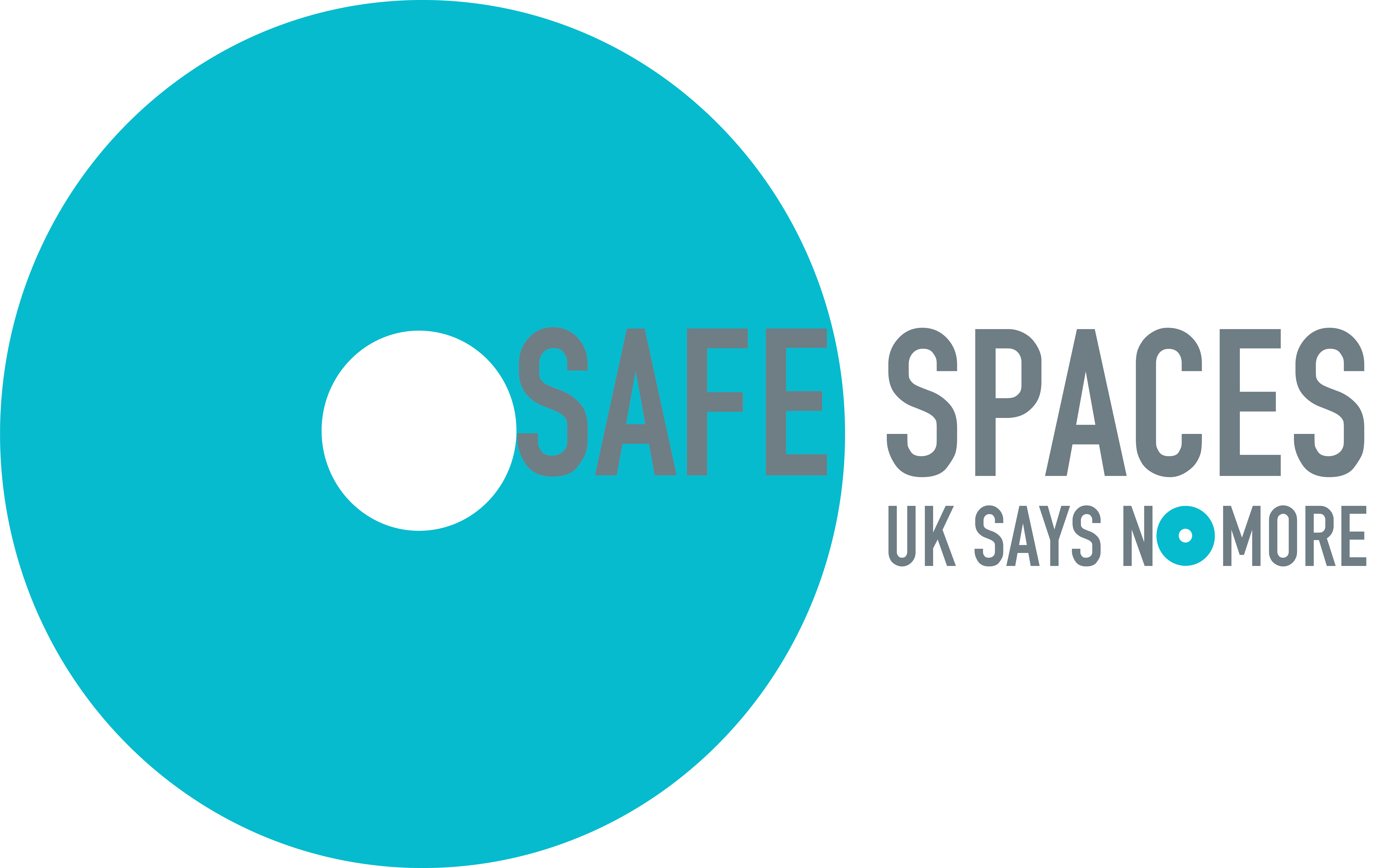Find Us
The Clear Company
The Base
20 Dallam Lane
Warrington
Cheshire
WA2 7NG


A Diversity, Equity and Inclusion (DEI) statement of intent is a key step in ensuring your DEI strategy is anchored within the overall business strategy. Organisations that have worked through the processes below are ready to write their DEI statement of intent.
Here are some top tips to help employers signpost their support for employees who are currently dealing with mental health problems.
An accessible approach will support all of the above and reiterate the importance you place on mental health and wellbeing. For example, a visible spot on your internal website with links to resources, policies, and processes.
Engaging all employees and giving voice to all lived experiences enables organisations to create policies and processes that reflect their own journey to create an inclusive world of work.
The Clear Company
The Base
20 Dallam Lane
Warrington
Cheshire
WA2 7NG
| Cookie | Duration | Description |
|---|---|---|
| cookielawinfo-checkbox-analytics | 11 months | This cookie is set by GDPR Cookie Consent plugin. The cookie is used to store the user consent for the cookies in the category "Analytics". |
| cookielawinfo-checkbox-functional | 11 months | The cookie is set by GDPR cookie consent to record the user consent for the cookies in the category "Functional". |
| cookielawinfo-checkbox-necessary | 11 months | This cookie is set by GDPR Cookie Consent plugin. The cookies is used to store the user consent for the cookies in the category "Necessary". |
| cookielawinfo-checkbox-others | 11 months | This cookie is set by GDPR Cookie Consent plugin. The cookie is used to store the user consent for the cookies in the category "Other. |
| cookielawinfo-checkbox-performance | 11 months | This cookie is set by GDPR Cookie Consent plugin. The cookie is used to store the user consent for the cookies in the category "Performance". |
| viewed_cookie_policy | 11 months | The cookie is set by the GDPR Cookie Consent plugin and is used to store whether or not user has consented to the use of cookies. It does not store any personal data. |

Dial ‘999’ for immediate assistance. If you are unable to speak or answer questions while on a 999 call, stay on the line, and when prompted, press 55 and your call will be transferred to the police. The local police number is 101 for non-emergencies.
*The ’55’ option will only work with 999.
Am I at Risk?
‘How do I know if I am suffering domestic abuse?’ This short survey will help you identify if the behaviours you are experiencing are domestic abuse.
If you are experiencing domestic abuse, you are not alone. Local support and help is easy to access through this search function. Click here
Local Support Services
If you are experiencing domestic abuse, you are not alone. Local support and help is easy to access through this search function. Click here
Contact National Helplines
National domestic abuse support services can offer you guidance here.
Useful Links
Access a range of other services that can support you. Click here